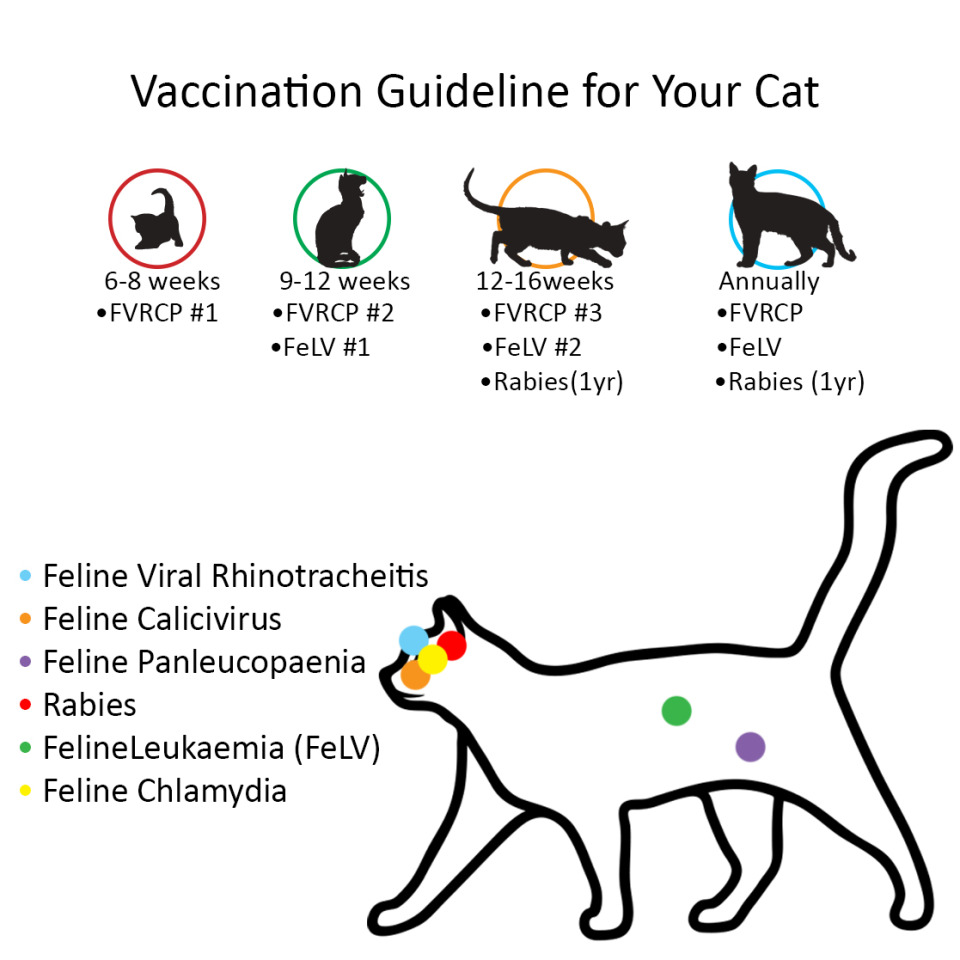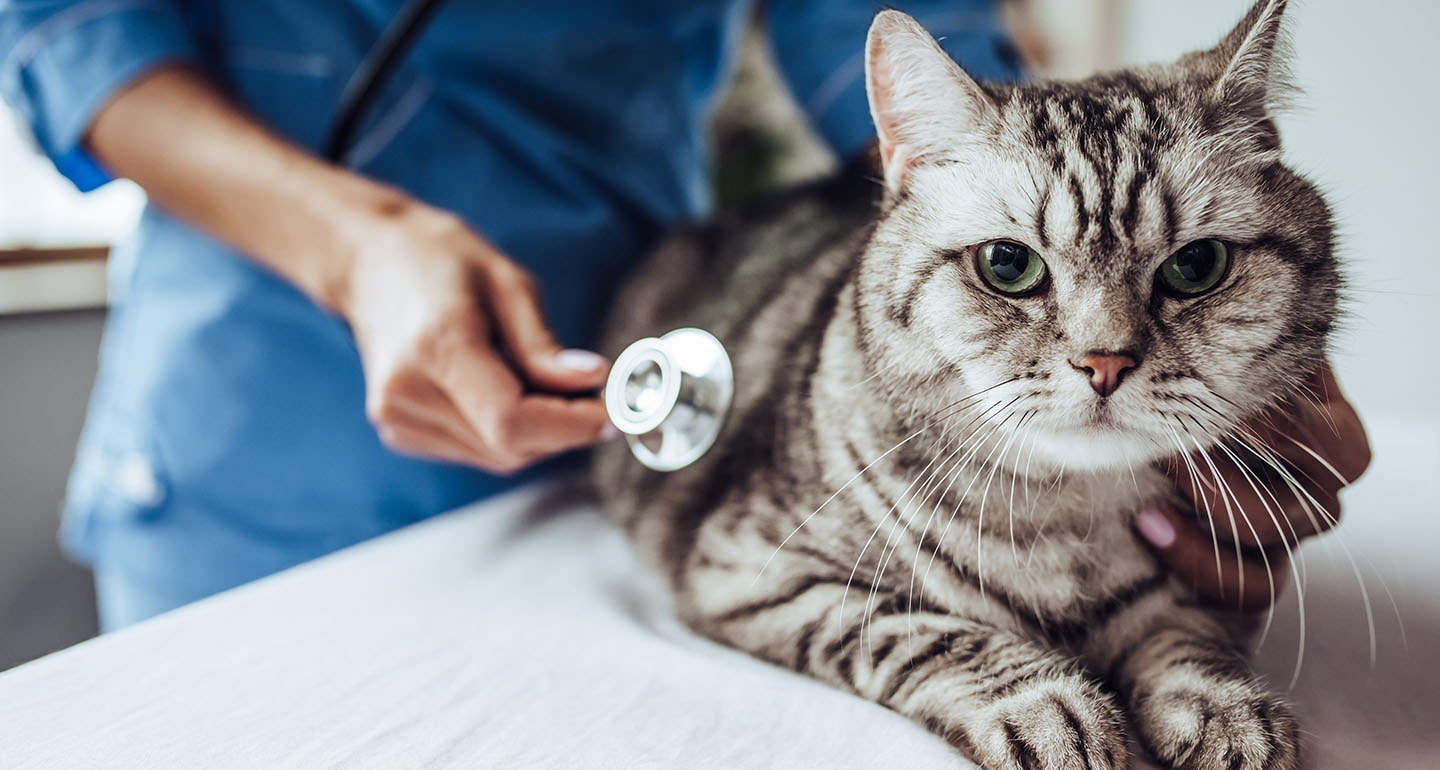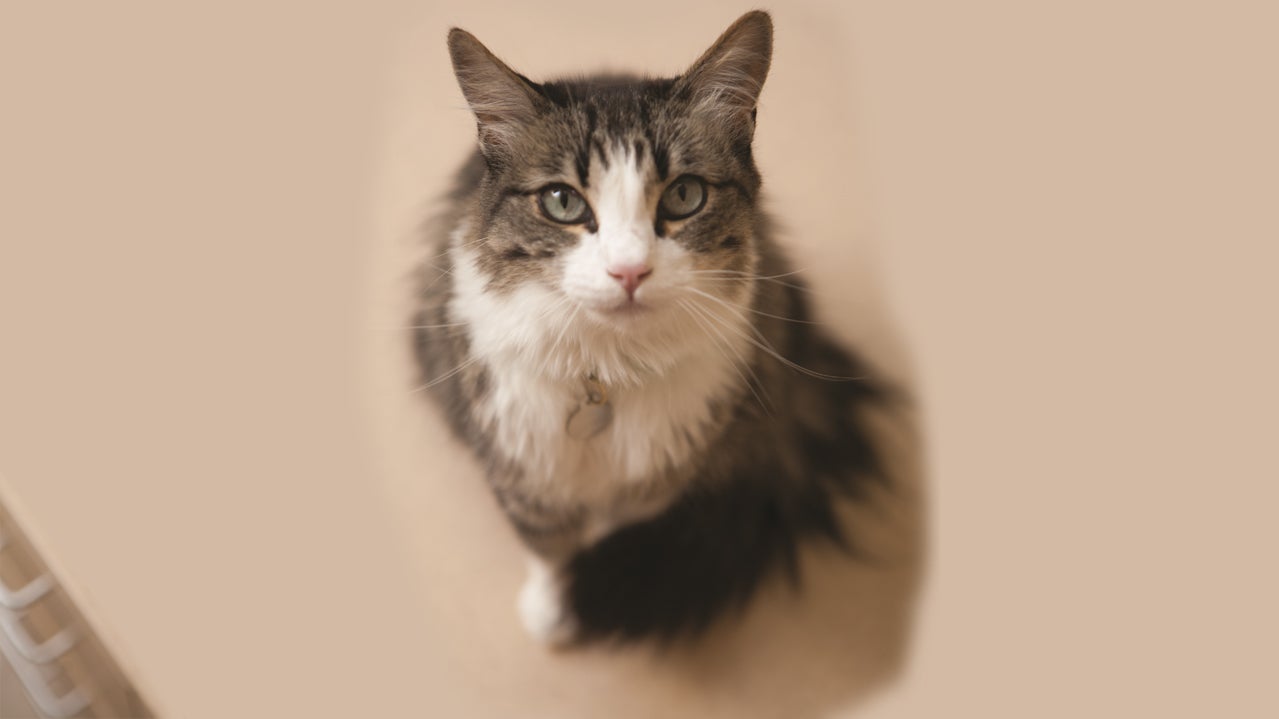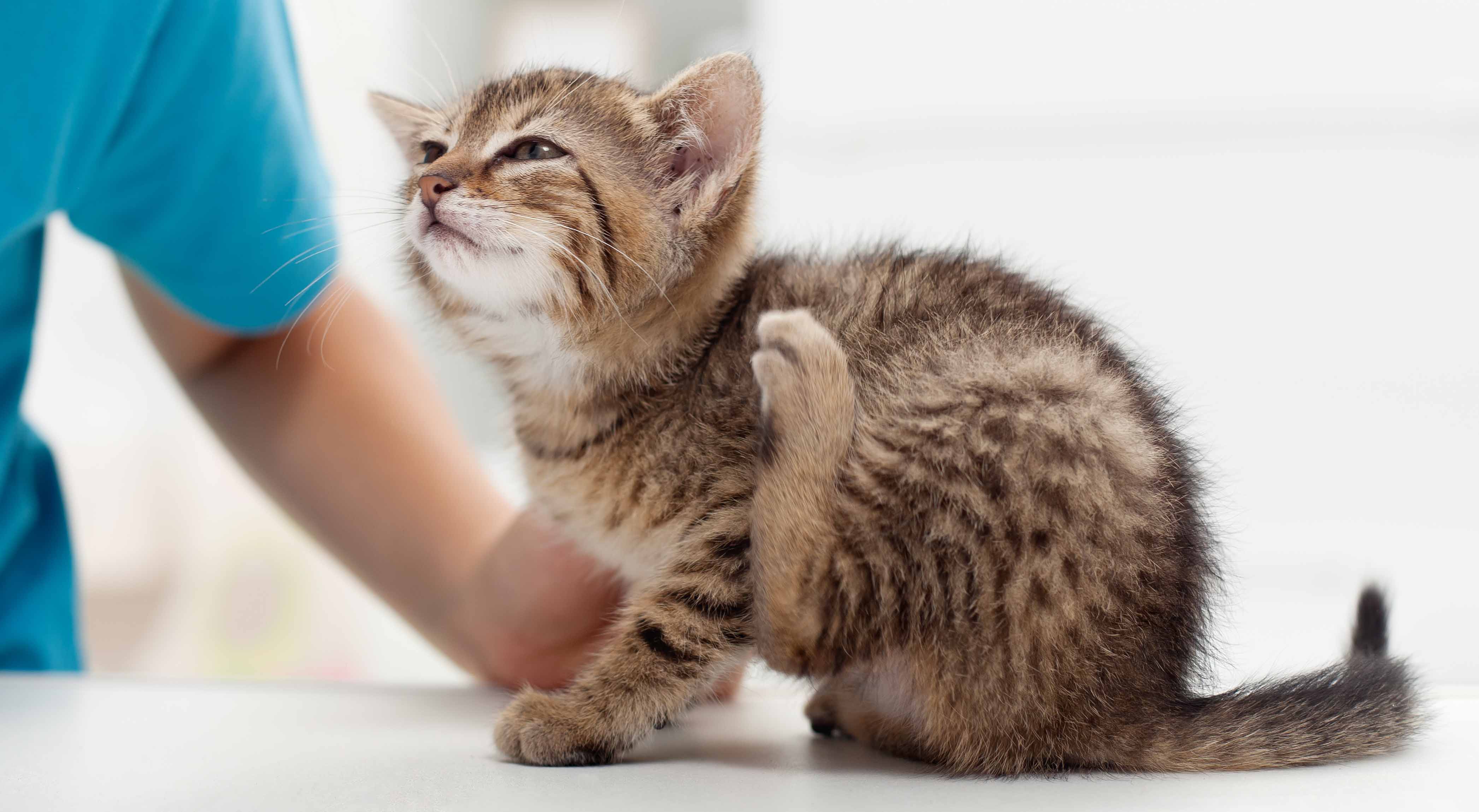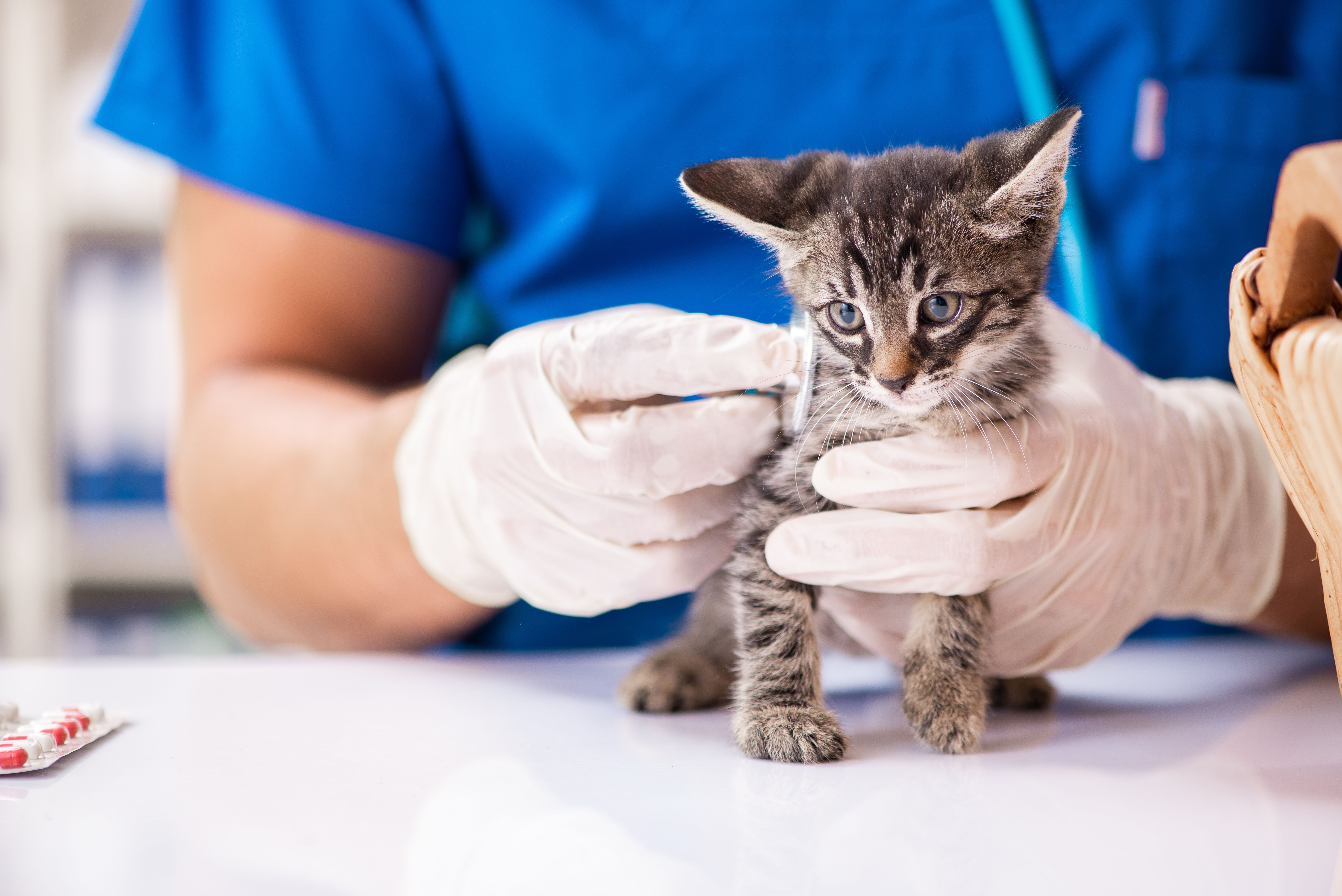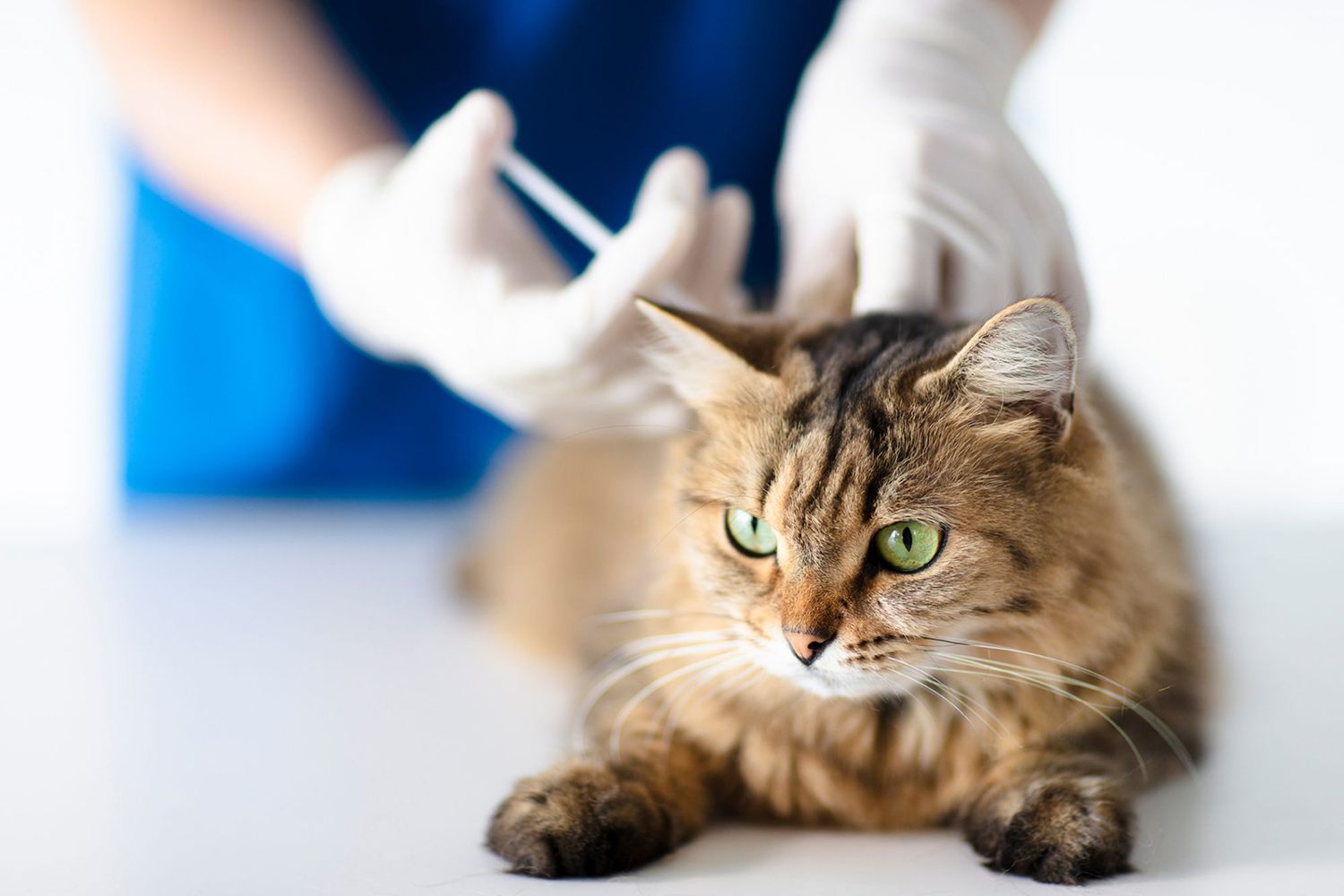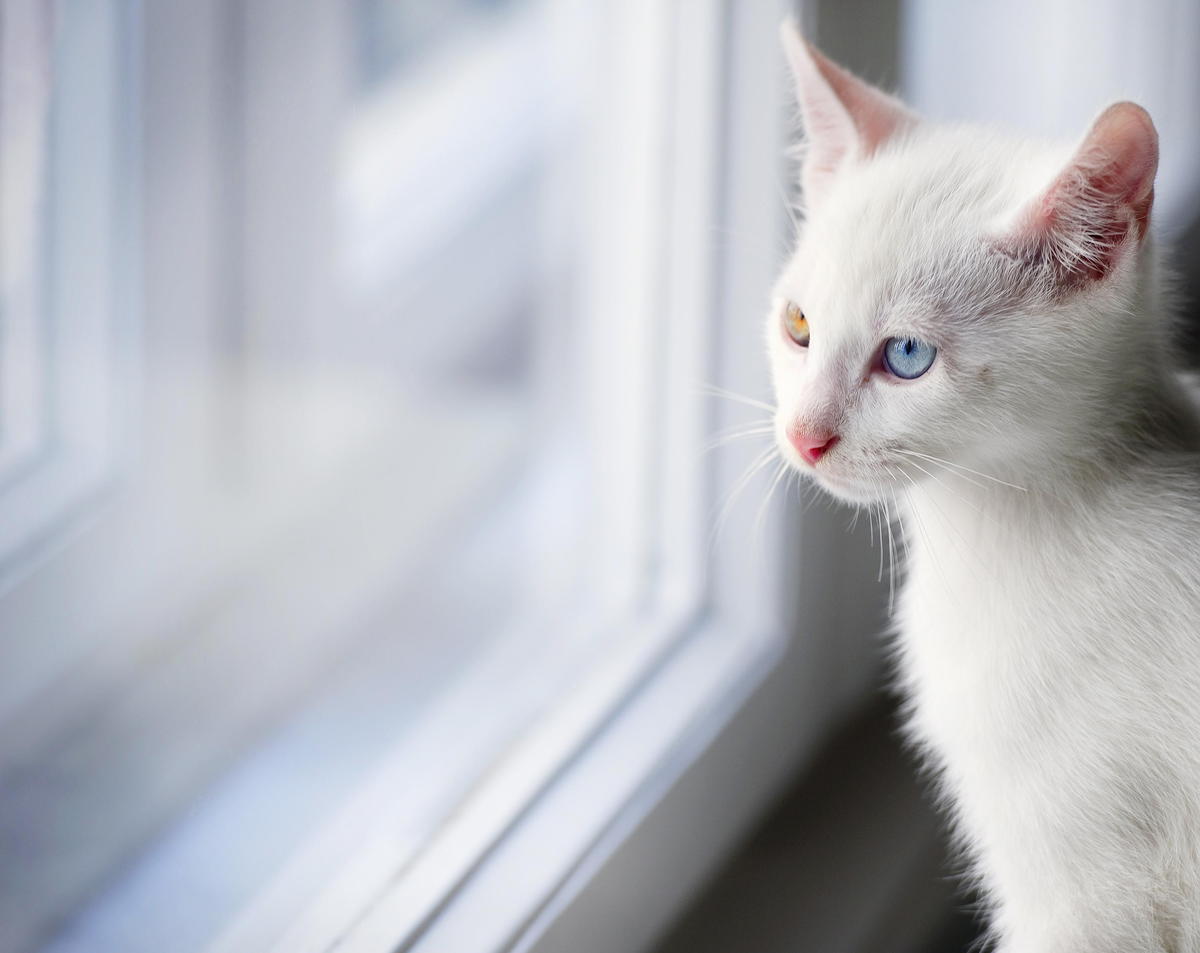Fvrcp Shots For Cats
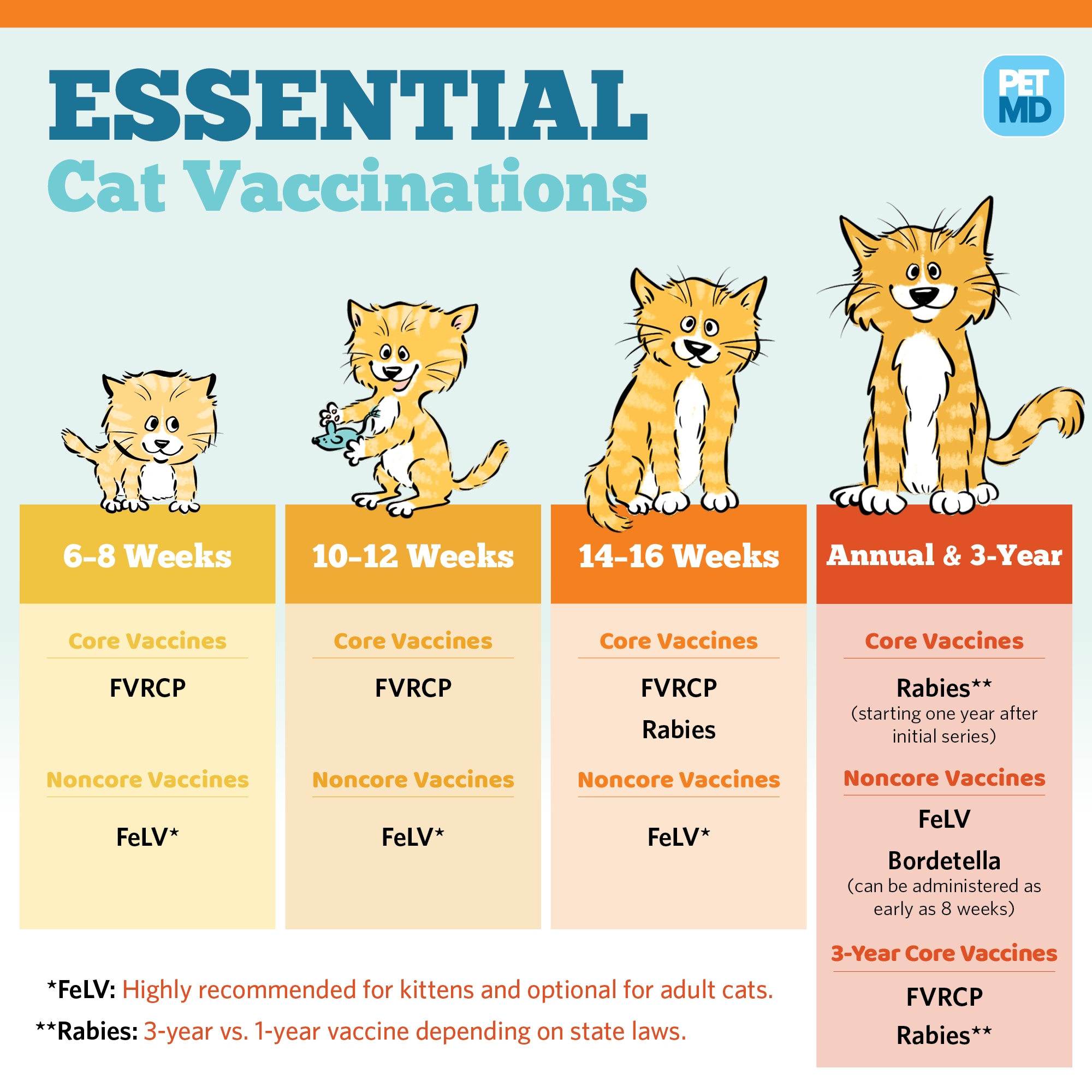
Heres a schedule for your kittens vaccinations from VetCo Clinics.
Fvrcp shots for cats. Nobivac Feline 1-HCP has been shown to block the replication of canine parvovirus CPV in cats 1. This schedule is recommended in a high risk environment such as a shelter or rescue with many transient cats passing through. These are three separate viral infections that are common in cats causing serious andor life-threatening illnesses if unvaccinated kittens or cats are infected.
Some experts also recommend annual revaccination with feline leukemia vaccine if your cat is exposed to other cats on a regular basis. FVRCP distemper The FVRCP feline viral rhinotracheitis calicivirus panleukopenia also referred to as a distemper vaccine is first given to kittens as a combination vaccine every three to. Recommended for the vaccination of healthy susceptible cats against feline herpesvirus-1 the cause of feline rhinotracheitis feline calicivirus and feline parvovirus the cause of feline panleukopenia.
Youll also need vaccines to prevent rabies and feline leukemia both of which can be fatal. For cats older than 16 weeks of age two doses of vaccine containing modified live virus MLV FHV1 FCV and FPV given 3-4 weeks apart are recommended. You and your veterinarian should decide which vaccinations your cat receives annually based on your cats lifestyle age and health status.
I therefore recommend that all cat owners diligently have their cats vaccinated with the so-called FVRCP at 6-8 weeks 10-12 weeks and 14. Cats can be vaccinated with a single dose at 12 weeks of age. Its true that if a kitten is initially given an FVRCP vaccine at 4 weeks of age and gets re-vaccinated every 2-3 weeks then they could receive up to 9 vaccines by 20 weeks of age.
Intranasal products can also be used. Kittens should receive their first FVRCP vaccination at 6 to 8 weeks of age followed by three booster shots once a month. Rhinotracheitis is a herpes virus and causes fever sneezing a runny nose and.
The core FVRCP vaccine also prevents rhinotracheitis and calicivirus which are upper respiratory viruses of cats. The series of vaccines is necessary because it takes a number of booster shots to convince the immune system to recognize the components of the vaccine. The series of vaccines is necessary because it takes a number of booster shots to convince the immune system to recognize the components of the vaccine.



